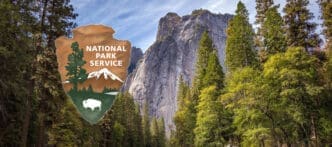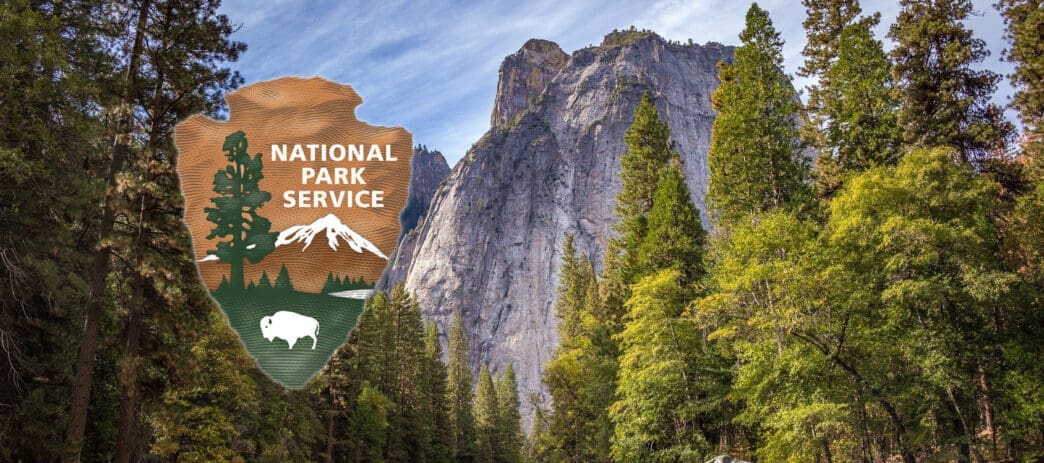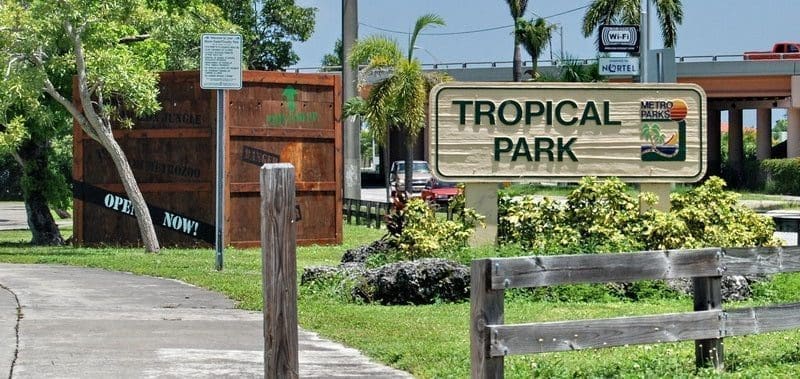The National Park Service (NPS) has swiftly responded to public outcry by reinstating the original content on its webpage dedicated to Harriet Tubman and the Underground Railroad. Recent adjustments to the webpage, which included alterations to text and the removal of Tubman’s image, were made without the consent of NPS or Department leadership. The changes, which initially omitted references to slavery while rephrasing the historical significance of the Underground Railroad, provoked significant backlash after being highlighted by media outlets.
An analysis using the Internet Archive’s Wayback Machine uncovered that the modifications shifted the focus from the Underground Railroad’s role in the fight against enslavement to framing it as part of a broader civil rights movement. This drew criticism for potentially downplaying the brutal realities of American slavery.
The controversy comes amid broader government reforms to align with President Donald Trump’s initiative against diversity, equity, and inclusion policies within federal entities. This climate has led to instances where officials have hastily altered and then reinstated online content upon public discovery.
Similar controversies include the Pentagon’s removal and subsequent restoration of web pages related to the Navajo Code Talkers and Jackie Robinson’s military contributions, both of which were met with public dissent. Despite acknowledging the changes to the Tubman webpage, NPS maintained that there was no intent to diminish her historical importance or sanitize the narrative of slavery in America.
Civil rights advocates, including Bernice King, have criticized these revisions as an attempt to obscure historical truths necessary for societal progress. The NPS underscores its commitment to preserving complex historical narratives, evidenced by extensive content and sites dedicated to Tubman’s legacy.
The Tangible Impact
- Communities and educators may face challenges in accessing accurate historical resources, impacting educational initiatives focused on American history.
- The ongoing adjustments in federal content policies could influence public perception and understanding of America’s diverse historical narratives.
- Uncertainty around government-led revisions may prompt increased advocacy and vigilance from civil rights groups and historians.
- Local tourism related to historical sites might be affected, as travelers seek authentic representations of historical figures like Harriet Tubman.
- These developments could lead to broader discussions on the preservation of historical accuracy and the role of government in shaping educational content.














